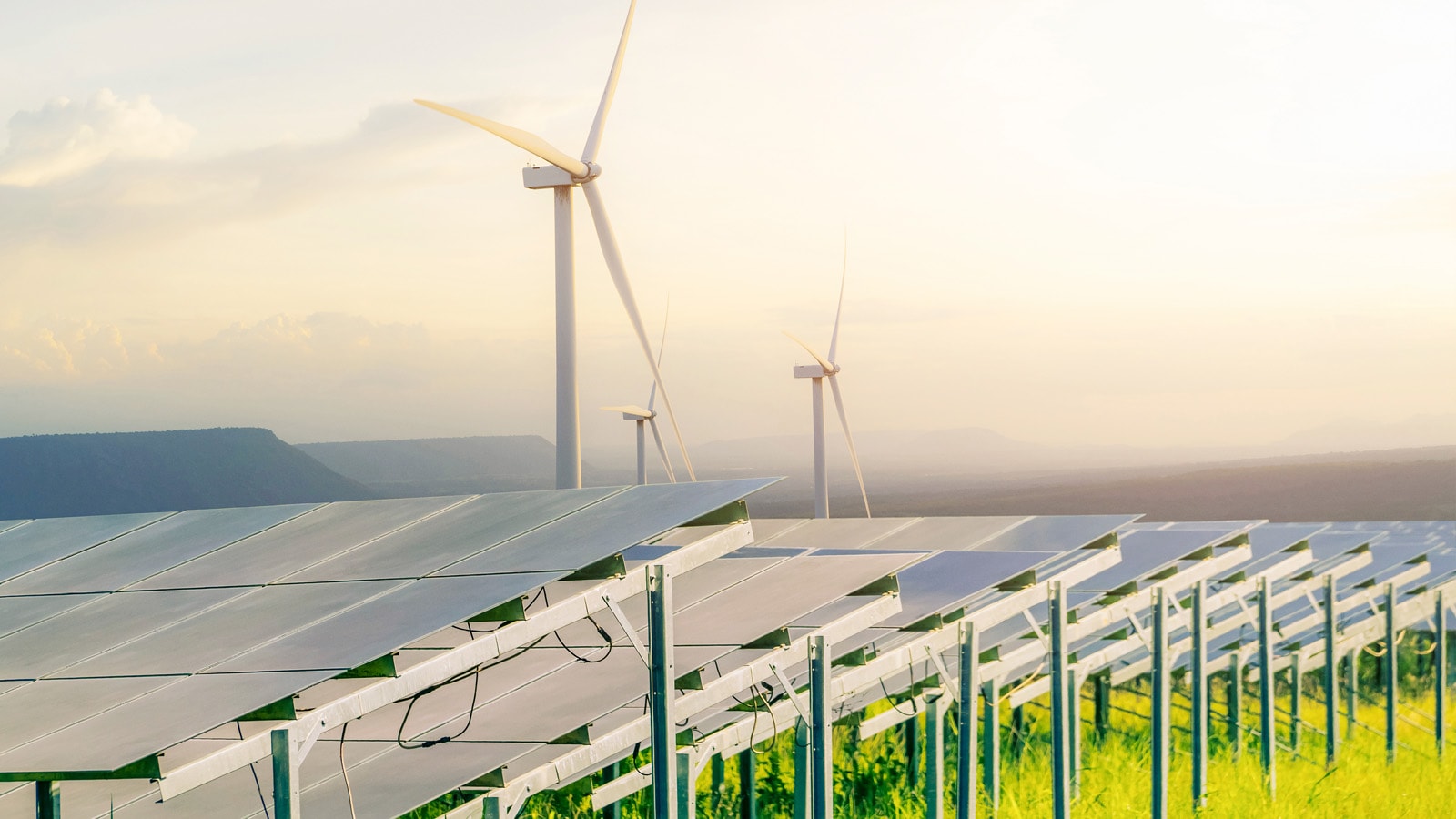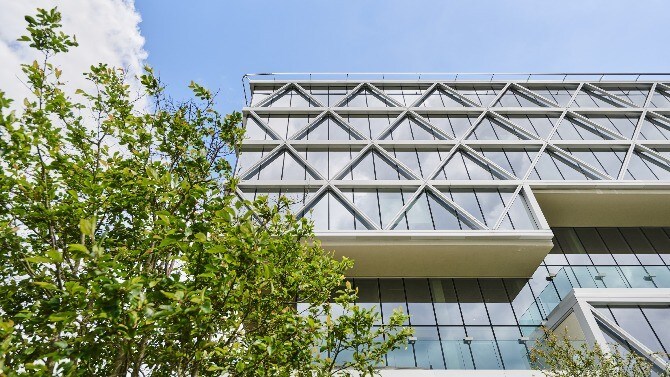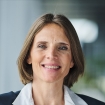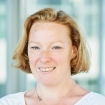Our fleet (1,506 vehicles as of 30 June 2025) accounts for 19% of our total emissions and 96% of our scope 1 emissions. Currently, 81% of our fleet is either a plug-in hybrid or fully electric vehicle. The entire PwC Belgium fleet will be fully electric by 2028, a deadline brought forward from 2030.

Environmental impact
There’s a critical imperative for both individuals and companies to address environmental concerns (resource depletion, climate change, waste, pollution, etc.). Something that we, as PwC, take very seriously. We’ve taken a conscious decision to embed sustainability principles in everything we do and have many actions in place to help us limit our negative impact on the world.

Climate change
We believe that to tackle climate change we need to both decarbonise and move towards net zero faster than we do today, and that’s not all. We need to address the impact that climate change is having. We’ve identified a number of strategic challenges that we believe we should address as part of a climate scenario analysis exercise that we undertook in FY23.
Going for net zero
PwC is committed to a net zero pathway and has set science-based targets (SBTs) for reducing its emissions in line with a 1.5-degree climate scenario. These targets are adopted by each member firm across the network. We’ve committed to:
Overall net zero target: Reach net zero greenhouse gas emissions across the value chain by 2050.
Long-term target: Reduce scope 1, 2, and 3 absolute emissions by 90% from a FY19 base by 2050.
Near-term targets: Reduce scope 1 and 2 absolute emissions by 50% from a FY19 base by FY30. Transition to 100% renewable electricity in all PwC firms by FY30. Reduce absolute business travel emissions by 50% from a FY19 base by FY30. Have 50% of our purchased goods and services suppliers (by emissions) set science-based targets to reduce their own climate impact by FY25.

We’ll also continue to offset the scope 1, 2, and scope 3 business travel emissions that we’re already able reduce today through the purchase of high-quality carbon credits. We plan to transition our carbon credit portfolio to 100% carbon removals from FY30.
Decarbonisation levers
Zero-waste programme
Seeking to limit waste to the greatest extent possible, PwC Belgium works with an external partner to define an action plan with clear targets to enable us to reach our zero-waste goal. In the past financial year, we again made significant progress:

- Food waste from the PwC Campus kitchen is dealt with in a composting machine. Each floor of the Brussels office also features a waste corner where bio waste is collected and composted
- We use the Too Good to Go app in our Antwerp and Brussels restaurants. Each meal purchased through the app represents a saving of +/- 2.5kg of CO2 emissions. In FY25, we saved an impressive 341 meals, representing an emissions saving of 852.5 kgs of CO2 equivalent
- The restrooms in all our offices feature a towel roll dispenser featuring linen textile rolls, an environmentally sustainable alternative to paper towels. Textiles require 48% less energy, generate 29% less CO² and result in 95% less waste compared to traditional paper towels.
- At onboarding, all PwC people are given a PwC-branded water bottle and mug to use in our offices, at clients’ sites and at home to help reduce their reliance on single-use solutions.
- All food packaging in our catering facilities is recycled and either compostable or recyclable. As much as possible, we serve foodstuffs on reusable crockery with a small portion of foodstuff remaining in compostable food packaging to enable people to eat on the go or at other locations.
Our overall waste production decreased by 22.59% in FY25











